On November 1, 2024, we conducted a Beach Cleanup at Tanjung Benoa Beach, involving 25 students and 12 teachers from Piaget Life Academy Surabaya. During this event, we successfully collected 60.33 kilograms of non-organic waste, which will undergo cleaning and sorting processes at the ZeroWaste Center. This initiative provided an invaluable educational experience for the students, as they engaged in a tangible effort to protect the environment from the dangers of plastic pollution. The participants displayed great enthusiasm throughout the activity and took pride in contributing to the betterment of the planet. It is hoped that the Beach Cleanup Program will inspire similar initiatives elsewhere, fostering widespread environmental action and creating a significant positive impact on our ecosystems.
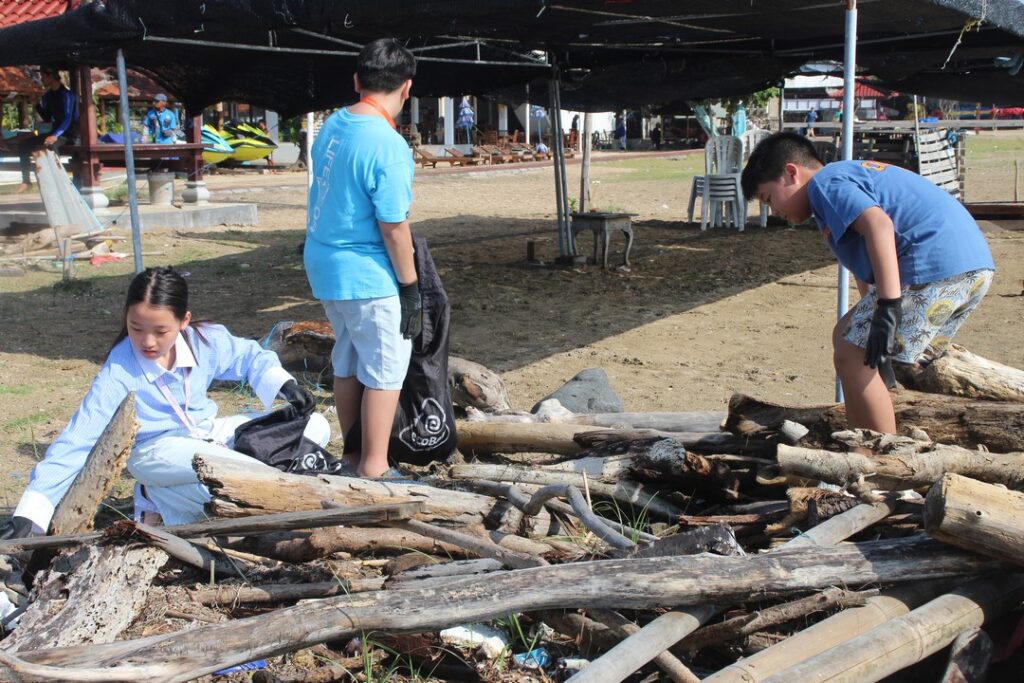
Location and Condition of the Beach
Tanjung Benoa Beach is one of the most favorite beaches in Southern Bali. A lot of water sports are provided to support the tourism activities in this area. People visit this beach to spend time with family and friends. These activities sometimes cause waste problems along the coastline. Therefore, we chose this beach as the location for the Beach Cleanup Event because we did a beach survey a week before and saw this beach was dirty with waste. That is probably due to the tourism activities here that make this area look full of waste. We believe that this program should be continued to raise awareness of more people to look at the waste issues for the ocean. This could be a real action to take to give more impact to a better environment.
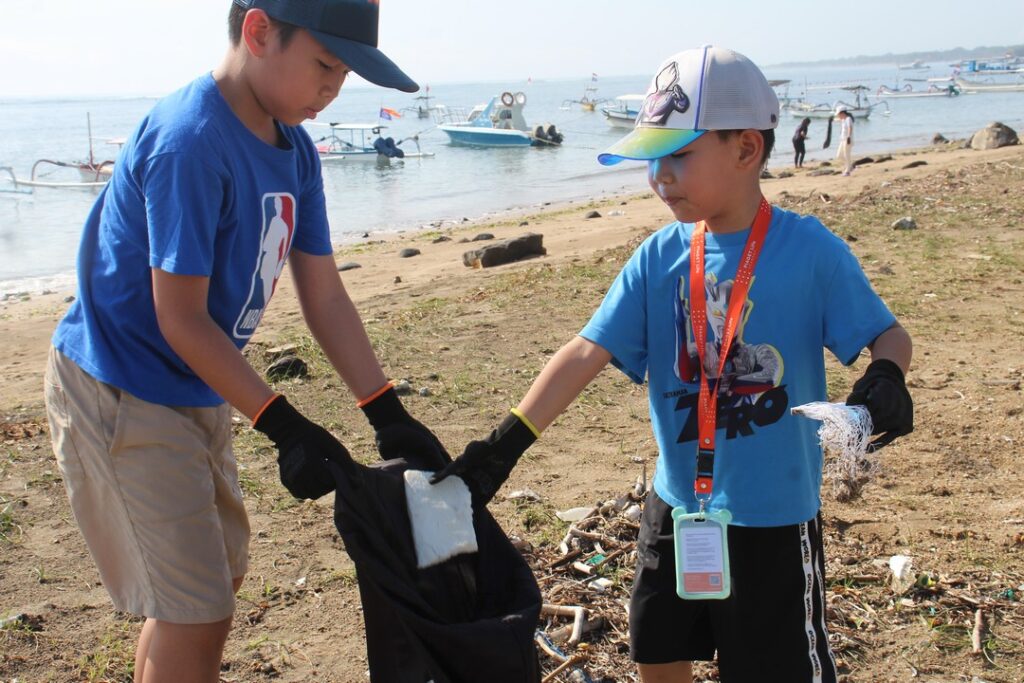
Waste Collection and Separation
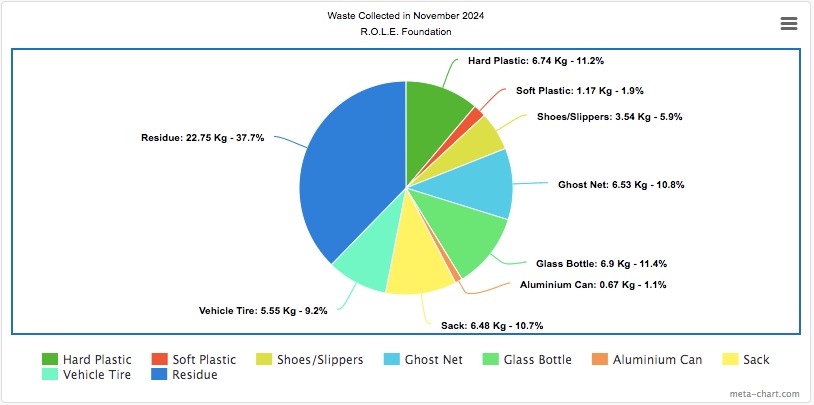
During the Beach Cleanup at Tanjung Benoa Beach with Piaget Life Academy, we collected 60.33 kilograms of non-organic waste. As illustrated in the pie chart above, residue dominates the total waste composition, accounting for over 22%. Residue refers to waste that is heavily soiled, severely damaged, or fragmented into pieces that are nearly impossible to recycle. Glass bottles constitute 11.4% of the total waste and will be processed at the ZeroWaste Center to produce glass sand.
Notably, shoes and slippers consistently represent a significant portion of the waste in almost every Beach Cleanup, making up nearly 6% of the total this time. Hard plastics, including plastic bottles, styrofoam, plastic straws, and plastic cups, amounted to over 6 kilograms. Meanwhile, soft plastics, such as clear plastic, colored plastic, and laminated plastic, accounted for only 1.9% of the total. Additionally, over 10% of the waste consisted of ghost nets, which pose severe threats to marine and coastal ecosystems.
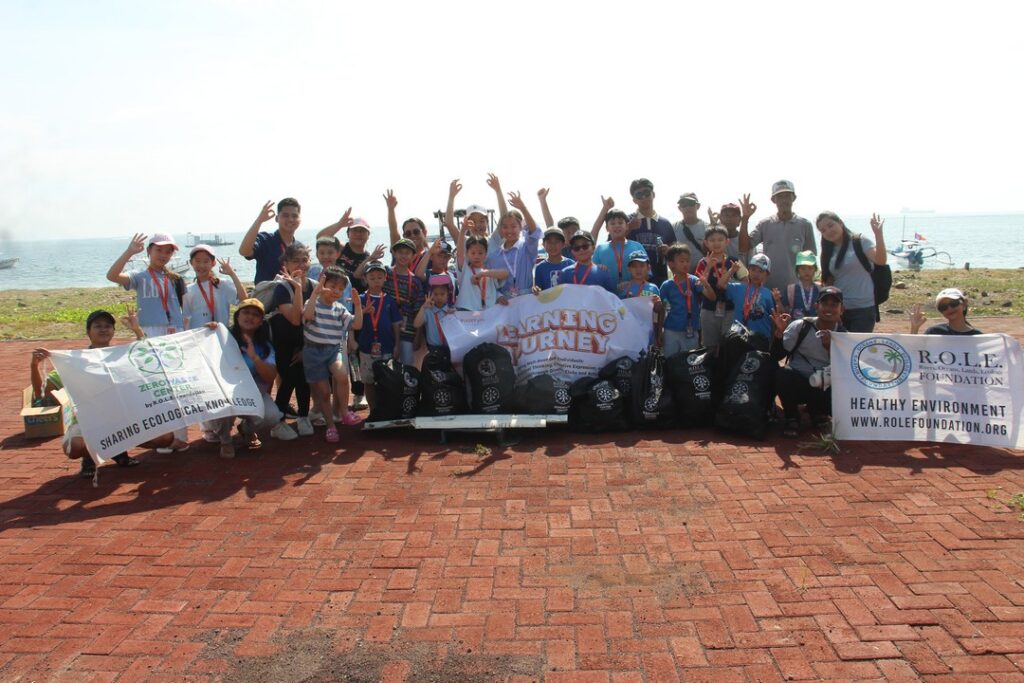

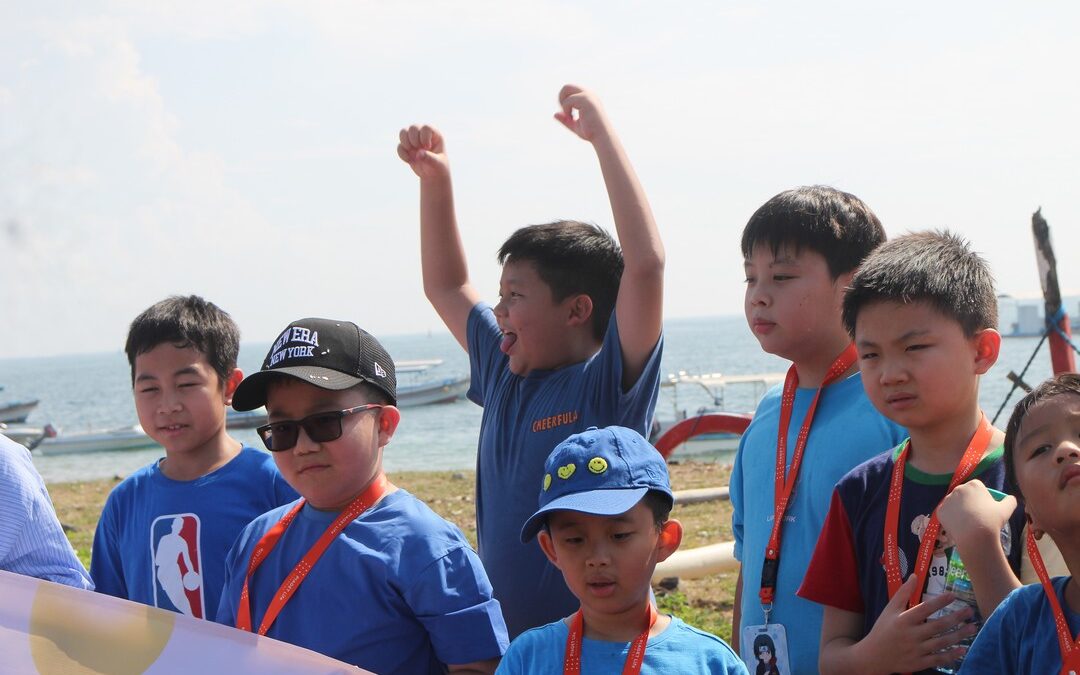
Recent Comments